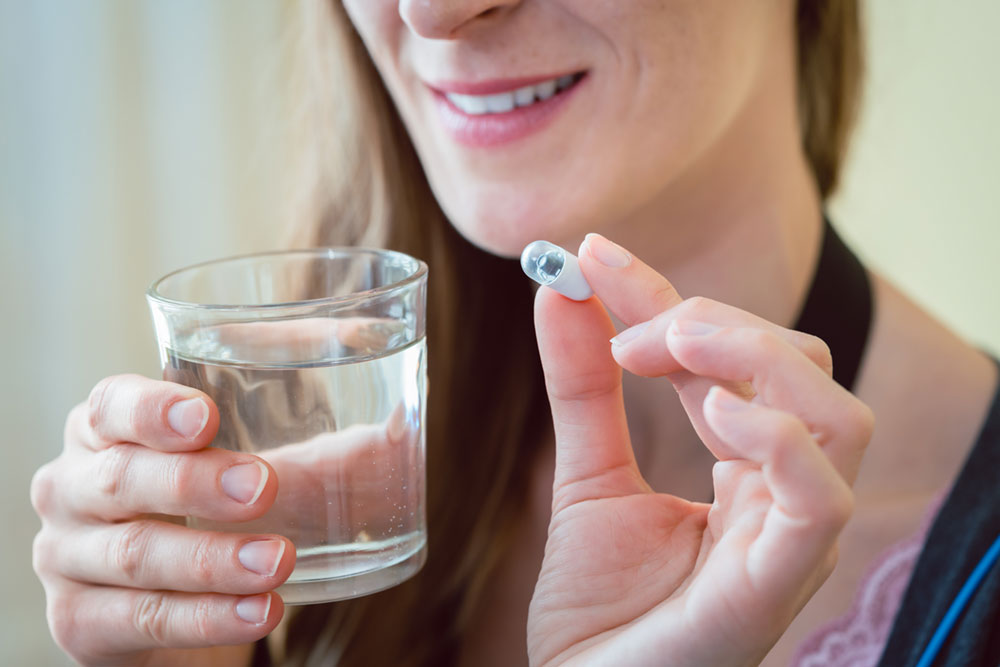
What conditions does Capsule Endoscopy diagnose?
Capsule Endoscopy aids the diagnoses of many diseases and abnormalities within the gastrointestinal tract. These include:

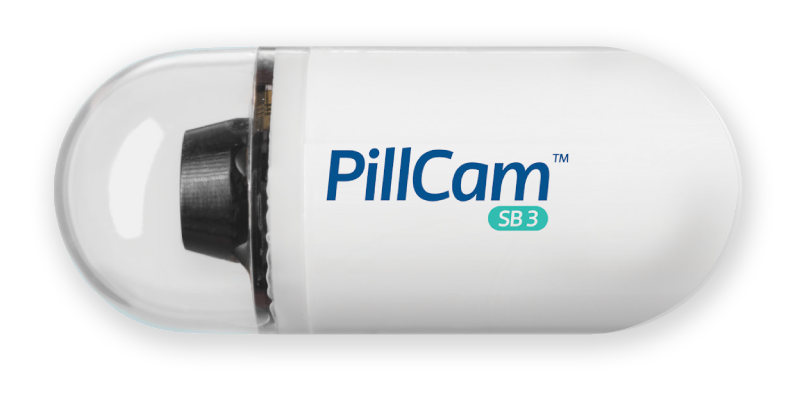
The procedure involves swallowing a pill-sized video camera (approx. the size of a jellybean) which captures thousands of images as it travels through the gastrointestinal tract – enabling detailed imaging without the need for intubation, sedation, or radiation.
The captured images are transmitted to a small recording device, allowing your doctor to analyse them effectively, while the capsule passes naturally through the body without the need for retrieval.
This painless diagnostic technology has been in active clinical use since the early 2000s and is considered a significant advancement in endoscopy. Through the comprehensive review of the entire digestive tract, often difficult to reach with other methods, capsule endoscopy aids the diagnosis of a wide range of gastrointestinal conditions.
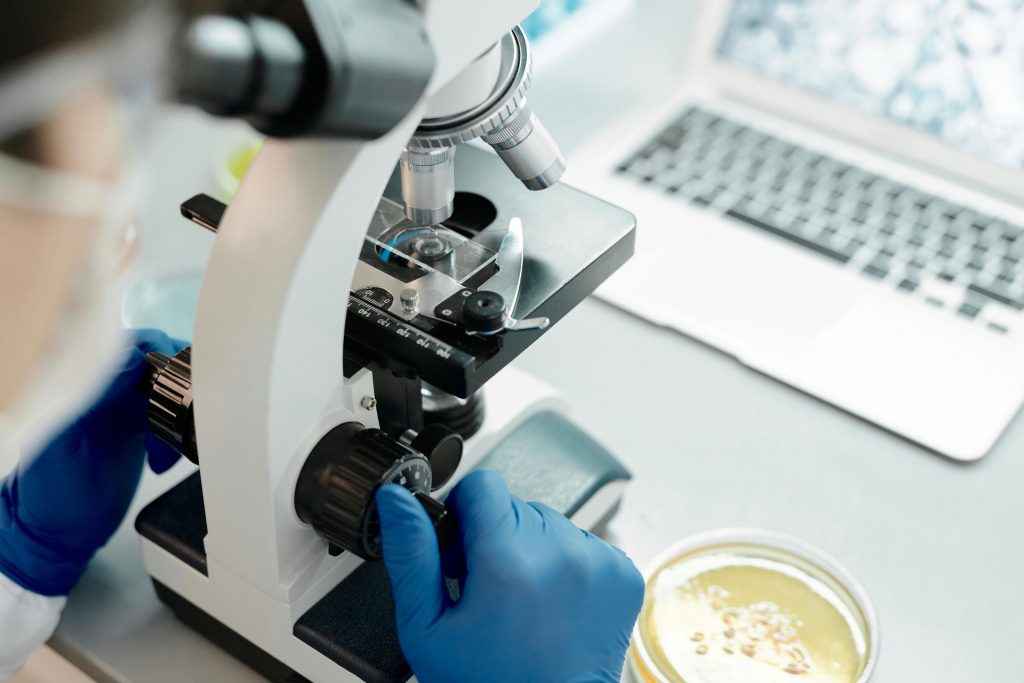
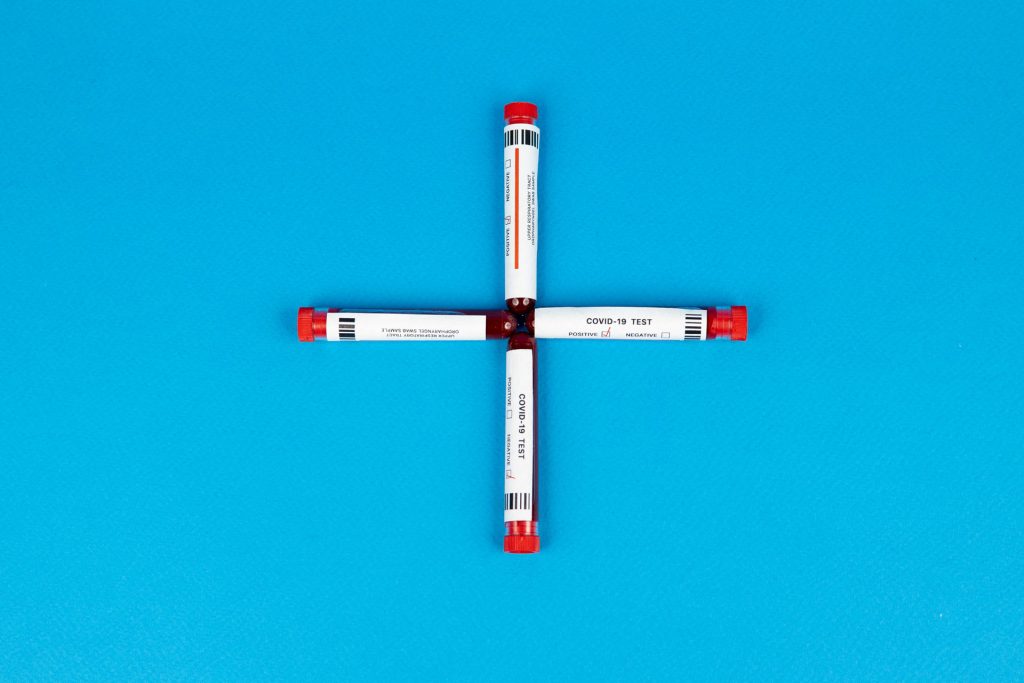


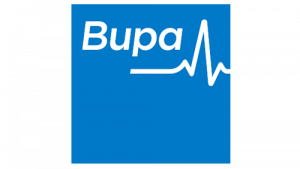






If you have difficulty completing this form, please call us on 01625 827826
